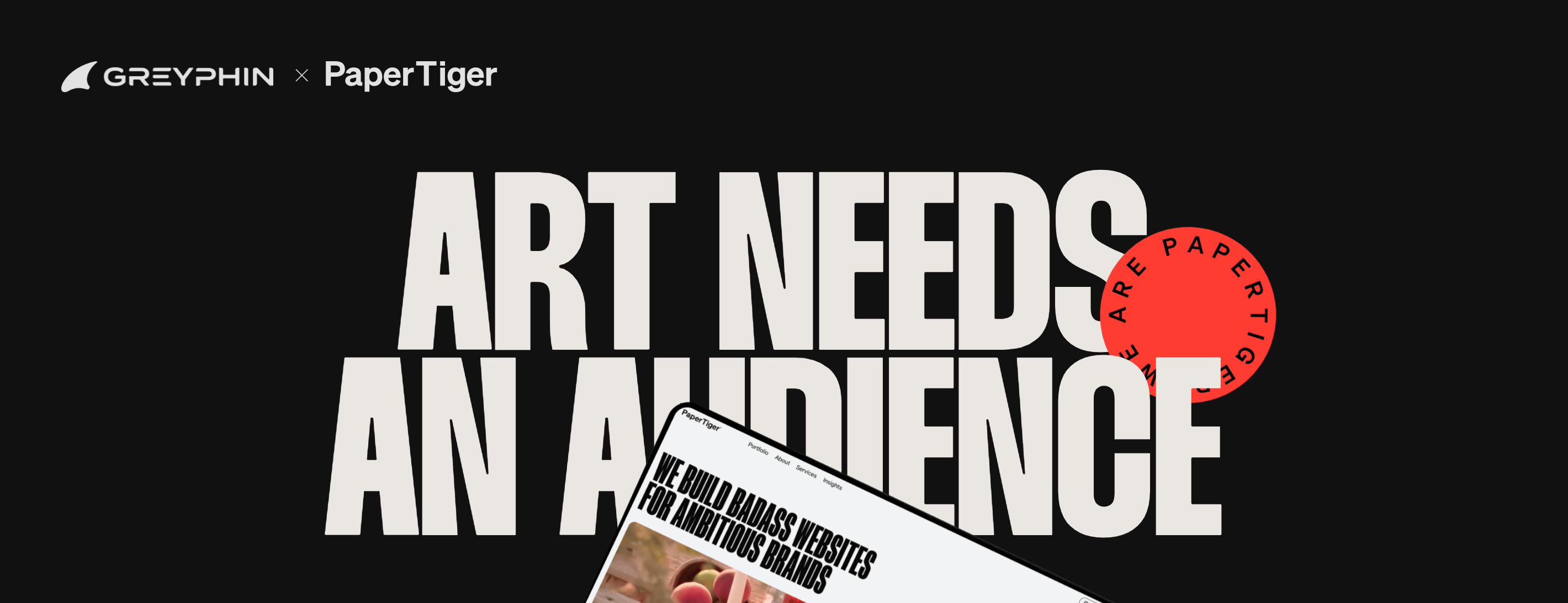
“To be somebody or to do something. In life there is often a roll call. That’s when you will have to make a decision. To be or to do? Which way will you go?” (Col. John Boyd)
John Boyd, considered by some to be “the most influential military theorist since Sun Tzu,” would pose this question to his mentees when confronted with major life decisions that pitted institutional success against their values.
For Boyd, deciding to be was about focusing on institutional success, becoming part of the club, being somebody. But to do was about doing the right thing, doing things that make a difference, and being true to yourself.
This is an idea that feels familiar to us. It’s the dilemma of Faust. It’s the temptation of Christ. It’s Robert Johnson at the crossroads. It’s a real thing that most everyone has to confront at various points in their lives.
And many choose to sell their souls. I mean, just this week I was confronted with a situation of this sort, and it was a harder decision than I’d like to admit.
For those of us interested in living moral, principled lives, it’s easy to see the potential pitfalls of success. If the classic cautionary tales aren’t enough, celebrity gossip columns are there to remind us. It’s etched into our social psyche.
But what is a bit more difficult, is to see the dangers of “being a good person”. There aren’t many cautionary tales written about that.
So let me explain. Most of us want to be a good person. But our actions don’t always line up with our stated values. We give ourselves a pass because, well, at least we’re trying. In a thousand different little habits, we compromise, believing that it’s a few big things that really set us apart from “bad” (or lost, or misguided, or whatever) people.
That’s why some people would never vote Democrat (or Republican) no matter how good a particular candidate’s ideas or track record is. They could never bear to be associated with those commies (or fascists). That's why others would never drive a big new SUV, even if it got better gas mileage than their old VW bus. How would that look to my freegan friends?
It’s also why many people shy away from giving honest feedback. We don’t want to “be mean”. Sometimes it’s harder for us to care about the actual impact of our choices than the perceived meaning of those choices.
Even when it’s goodness we’re shooting for, we often prefer (to appear) to be good, rather than to do good.
Col. Boyd’s question still applies.
Consider this analogy. Swords are made from steel. Swords are made to kill. I don’t want to kill, or be associated with those who do, so I’m not going to use steel. You can see the breakdown in logic.
But what’s less obvious is this: If I don’t use steel, then I’m giving up dominion over steel to those who want to use it to make swords to kill people. If I really care about life, I’ll do what I can to wrench that power from those who use steel in that way. I’ll buy mines and steel mills. I’ll buy the swords (gasp!) myself. And then I’ll beat them into plowshares. I’ll reimagine the use of the steel and thereby redefine its meaning into something life-giving. If people want to lump me in with my opponents in the meantime, so be it.
Screw being good. Do good.









